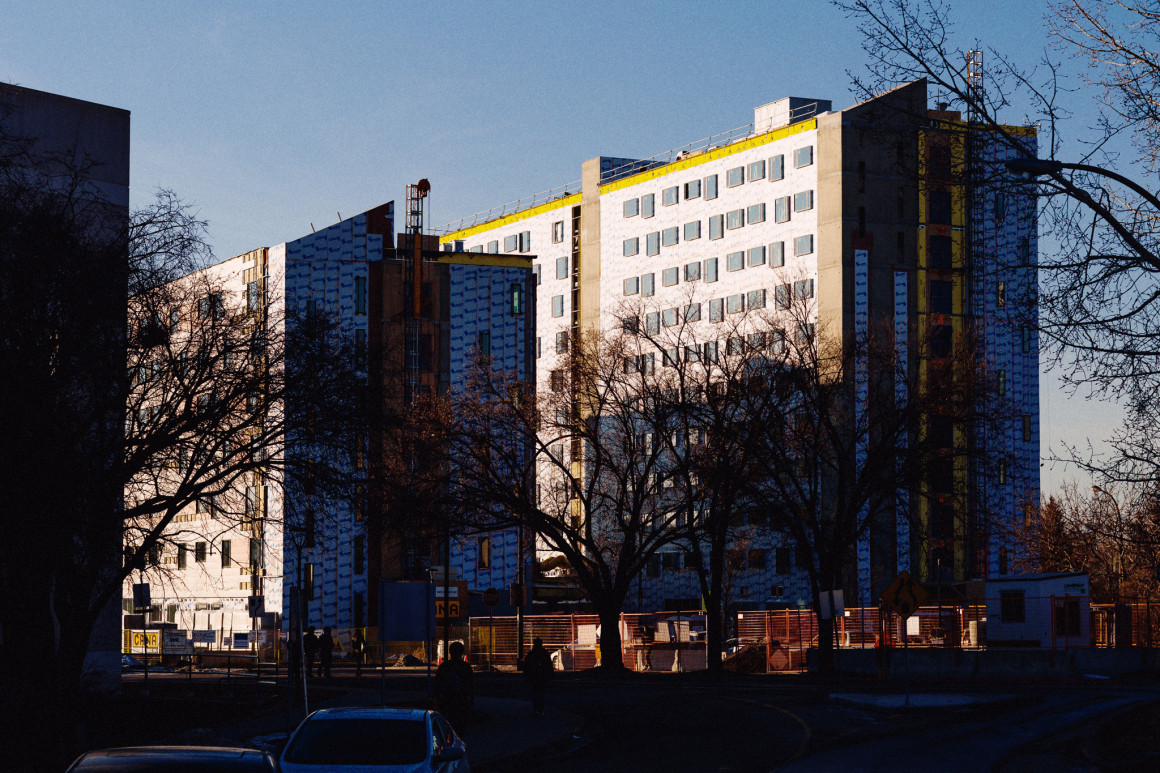
Administration presents concept paper for elite graduate college
By Chris Adams, January 29 205 —
The University of Calgary’s top graduate and post-doctoral students may soon find themselves with a new space to live, work and study.
Graduate residential colleges (GRCs) are elite colleges for faculty, graduates and post-doctoral students within a larger university. They give high-achieving students and faculty a place to live and study together.
Students living and using GRCs take part in academic events, attend speaking seminars and study with visiting scholars and academics.
Members of administration presented a conceptual white paper — a document used to explore “the value and possible concepts for a future GRC at the U of C” — to General Faculties Council (GFC) on Dec. 11, 2014.
GFC carried a motion recommending the U of C develop a proposal to create a GRC based on the paper. Information detailing the college isn’t final, but the paper details how the college could look.
The paper suggests the top one or two floors of the new graduate residence, Crowsnest Hall, house the college. Fifty per cent of college members could be graduate students living in the residence, 20 per cent graduate students living outside residence, 20 per cent “senior scholars,” with post-doctoral students and visiting members at five per cent each.
The paper outlined four phases. It said the college could enter a “soft launch” phase next fall. If the white paper’s outline is followed, between 40–70 members would enter the college between 2015–17. Phases two and three would expand membership to 125 members by 2020 before completion that year.
Graduate Students’ Association (GSA) vice-president finance and services Mike Webster, who will sit on the GRC committee, said the faculty of graduate studies voted in favour of the project “in principle,” and that the GSA tentatively supports the college.
But he said there are some things he wants to watch out for.
“There were a number of grad program directors who wanted to make sure that it wasn’t overly elitist — that there were other ways to get into the college other than just academic performance,” Webster said. “They [also] wanted to know what spin-off benefits might accrue to the rest of campus.”
Students’ Union president Jarett Henry said administration wants to use the college as a recruitment tool, boost interdisciplinary research and as a means to plan events.
Henry initially had concerns about whether “main campus resources” would support an elite graduate college, but he said those concerns were addressed by the concept paper.
“I was actually happy with the proposal that they had. They want to get it off the ground in a small testing phase and then look for a donor to fund the college in the long term so there wouldn’t be resources going from the main campus to the college,” Henry said.
Provost and vice-president academic Dru Marshall emphasized the infancy of the college, calling it a “gleam of an idea.”
“We had a white paper that was put together by a couple of people in the academy. We talked about it at length. They brought the idea to GFC with the idea of putting a proposal together,” Marshall said.
Both the University of British Columbia and the University of Toronto have GRCs. The U of T’s Massey College houses 130 students. Members are selected from the U of T and the broader community.
Students are admitted to Massey College based on academic achievement, scholarships received and community engagement.
Marshall’s office could provide initial funding to the college, but administration would seek donor funding to expand the college if a proposal is approved.
The committee developing a GRC proposal will start meeting in the spring.
